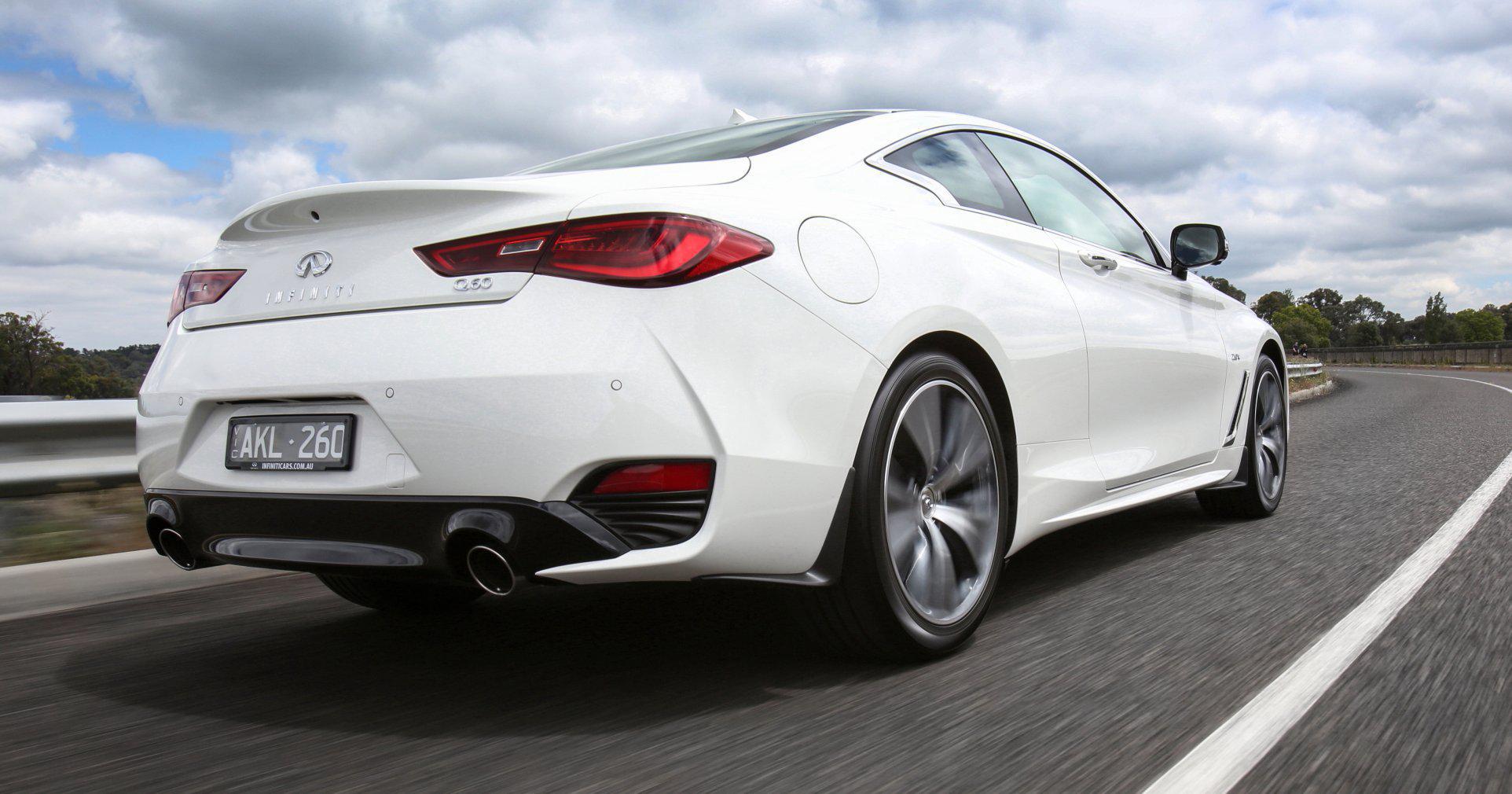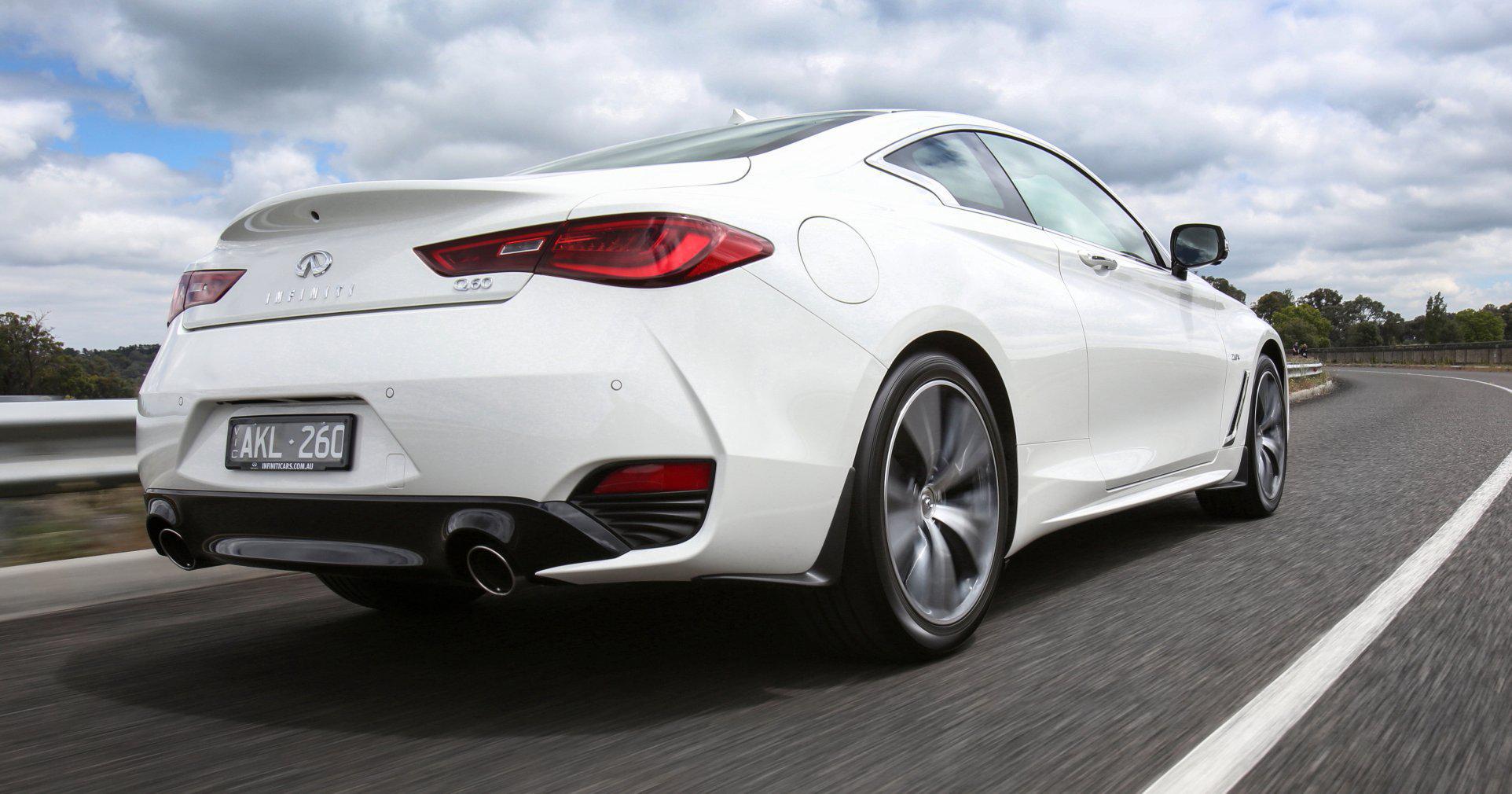
The Fresh York Times
June 6, 2016
TOKYO — The United States Navy imposed a drinking ban on its harshly Nineteen,000 personnel in Japan on Monday, ordering them restrained to their bases after a sailor who was thought to have been drinking was arrested on the island of Okinawa in connection with a car accident that left two Japanese civilians injured.
The accident on Saturday occurred at a tense time for the United States military in Japan, and especially on Okinawa, a petite southern island that is home to about half of the 50,000 American soldiers and sailors stationed in the country.
The American coerces on Okinawa were already under curfew after a Marine veteran who was working as a civilian contractor at a base there was arrested last month in connection with the killing of a local woman.
The arrest caused a public outcry and prompted United States commanders to impose a 30-day nighttime curfew on military personnel on the island and to prohibit their drinking in public.
Resentment against the United States presence has been on the rise on Okinawa, driven by concerns over crime and by an unpopular plan to build a fresh Marine Corps airfield in the northern part of the island.
In local elections on Sunday, voters gave an expanded majority in the Okinawa Prefectural Assembly to politicians who oppose the airfield and want to reduce the American military presence.
The Japanese foreign minister, Fumio Kishida, in a meeting with the United States ambassador, Caroline Kennedy, raised the possibility of the accident being the result of drunken driving, the Foreign Ministry said. The defense minister, Gen Nakatani, called the case “extremely regrettable,” according to members of the Japanese news media who were traveling with him to a meeting of security officials in Singapore.
The police identified the sailor involved in the car accident as Petty Officer 2nd Class Aimee Mejia, 21. They said her car had crossed the centerline of a highway shortly before midnight on Saturday and had struck two other vehicles. Petty Officer Mejia was not hurt, but a 35-year-old woman and a 30-year-old man in the other cars were, the police said.
Interactive Feature | Today’s Headlines: Asia Edition Get news and analysis from Asia and around the world delivered to your inbox every day in the Asian morning.
Petty Officer Mejia was in police custody on Monday but has not been formally charged, a development that can take several weeks in Japan.
Lt. Gen. John L. Dolan, commander of United States compels in Japan, said the military had “zero tolerance for driving under the influence,” and that any member of the military convicted of doing so “faces severe consequences.”
“We deeply regret this incident and express our heartfelt sympathies for the accident victims and their families,” General Dolan said. “We wish them a quick recovery. The sailor is in Japanese police custody for suspicion of driving while intoxicated, and we are cooperating fully with this investigation.”
Under the expanded curfew order issued on Monday, all Navy personnel are prohibited from drinking either on or off base and are required to be on base or at home except to perform “essential” activities such as commuting.
The order was not the very first curfew or drinking confinement issued by the United States military in Japan, but it was the broadest in a number of years.
Several high-profile crimes linked to the military have received intense attention by the news media in Japan this year. The police are questioning Kenneth Franklin Shinzato, a contractor and former Marine, in connection with the killing of a 20-year-old Okinawan woman whose assets was found in a suitcase last month. Mr. Shinzato has not been formally charged.
In a separate case, a Navy sailor pleaded guilty last month to raping a woman at a hotel on Okinawa in March.
In the elections on Sunday, supporters of Gov. Takeshi Onaga, an advocate of scaling back the United States military presence in Okinawa, expanded their narrow hold on the Prefectural Assembly by winning twenty seven of forty eight seats.
The assembly has little direct say over American bases, but the prefectural government can hold up projects like the planned fresh Marine airfield with tactics like withholding construction permits.
“Okinawans will not tolerate another base, and their anger, confidence and courage have shown through,” Mr. Onaga said.
